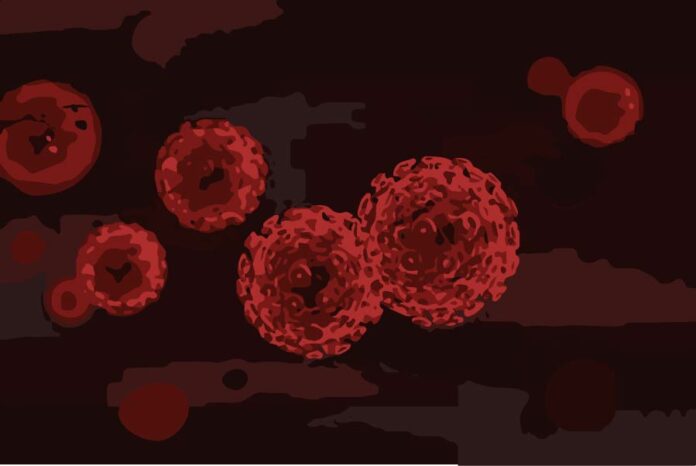CAR T-cell immunotherapy may become the alternative option to current life-long retroviral therapy for HIV patients
By BRANDON NGUYEN — science@theaggie.org
According to the Joint United Nations Programme on AIDS/HIV or UNAIDS, around 38 million people worldwide live with HIV, a retrovirus that destroys a host’s own immune cells and can progress into AIDS if left untreated. To put this into perspective, around 150,000 people are living with HIV but 68% of them are virally suppressed due to adherence to life-long retroviral therapy.
In efforts to search for an alternative option to life-long treatment, UC Davis Health has commenced a study testing the efficacy of Chimeric Antigen Receptor T-cell Therapy (CAR T-cell Therapy) and its potential as a cure for HIV. CAR T-cell therapy involves the removal of a patient’s immune system’s T-cells and genetically modifying them to recognize and attack HIV-afflicted cells in the host.
Dr. Mehrdad Abedi, a professor of internal medicine, hematology and oncology at UC Davis Health and the principal investigator of the study, further explained the process in administering CAR T-cell therapy to a patient.
“For this study, we will educate the cells by inserting a gene to target cells that have been infected by the HIV virus,” Abedi said. “The idea is these modified cells will attach to the HIV-infected cells and destroy the cells that are infected while also stopping the infected cells’ ability to replicate.”
Modification of human patient T-cells into CAR T-cells has revolutionized patient care, especially for cancer patients. This technology has become widely used in the field of oncology and blood cancer patients, as training one’s T-cells to recognize tumors from normal, healthy cells is a novel method to search and destroy tumor cells throughout the blood. This would be impossible with radiation or surgery.
Dr. Paolo Troia-Cancio, a clinical professor of medicine with the infectious disease division and co-investigator for the HIV study, described how the study came about as a result of success stories of patients with HIV and cancer.
“It has been shown to be possible to cure HIV because so far there have been three individuals that have been cured of HIV, but they have required bone marrow transplants,” Troia-Cancio said. “Two of the three patients were administered more conventional allergenic bone marrow transplants and the third person got a transplant from cord blood stem cells. I hope with this type of research that we take what we have learned from these three individuals and apply them in a way that we could modify a patient’s immune system in a way to make it resistant to HIV.”
However, bone marrow transplants are not the ideal or first option for patients with HIV.
“While these stories provide inspiration and hope to finding a cure for HIV, a bone marrow transplant is not a realistic option for most patients,” Abedi said. “Such transplants are highly invasive and risky, so they are generally offered only to people with cancer who have exhausted all other options.”
Nonetheless, these three fortunate cases offer hope for a cure, or at least a “functional cure,” which Troia-Cancio explained as patients being able to control their HIV without medication. With an optimistic outlook for HIV patients, Troia-Cancio underscored the potential for CAR T-cell therapy to revolutionize the healthcare industry in treating other immunological disorders.
“There are other diseases where CAR T-cells are being looked at,” Troia-Cancio said. “So I think there’s a potential for this therapy to become more widely used for other areas where having essentially a modified immune system could potentially lead to either long term control or omission or even a cure for a disease.”
Written by: Brandon Nguyen — science@theaggie.org



